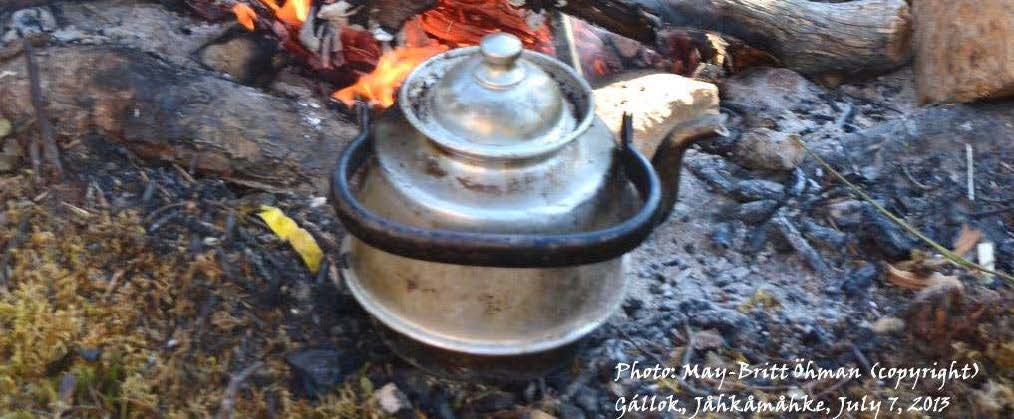Indigenizing Academia: |
För inlägg på bloggen ansvarar respektive undertecknad skribent.Samelands fria universitet har inga egna åsikter utan utgör en plattform för visioner och diskussioner. Kommentarer till och svar på blogginlägg publiceras efter granskning. Du är varmt välkommen med inlägg även till vår gästblogg. Categories |

 RSS Feed
RSS Feed